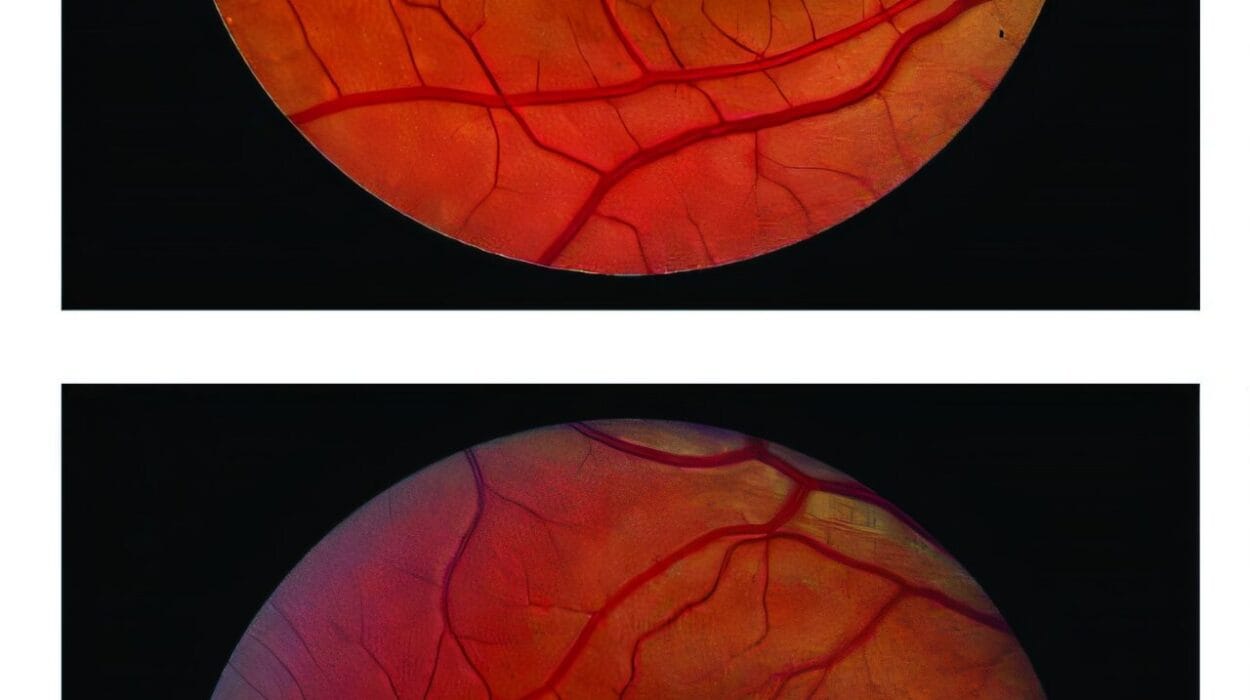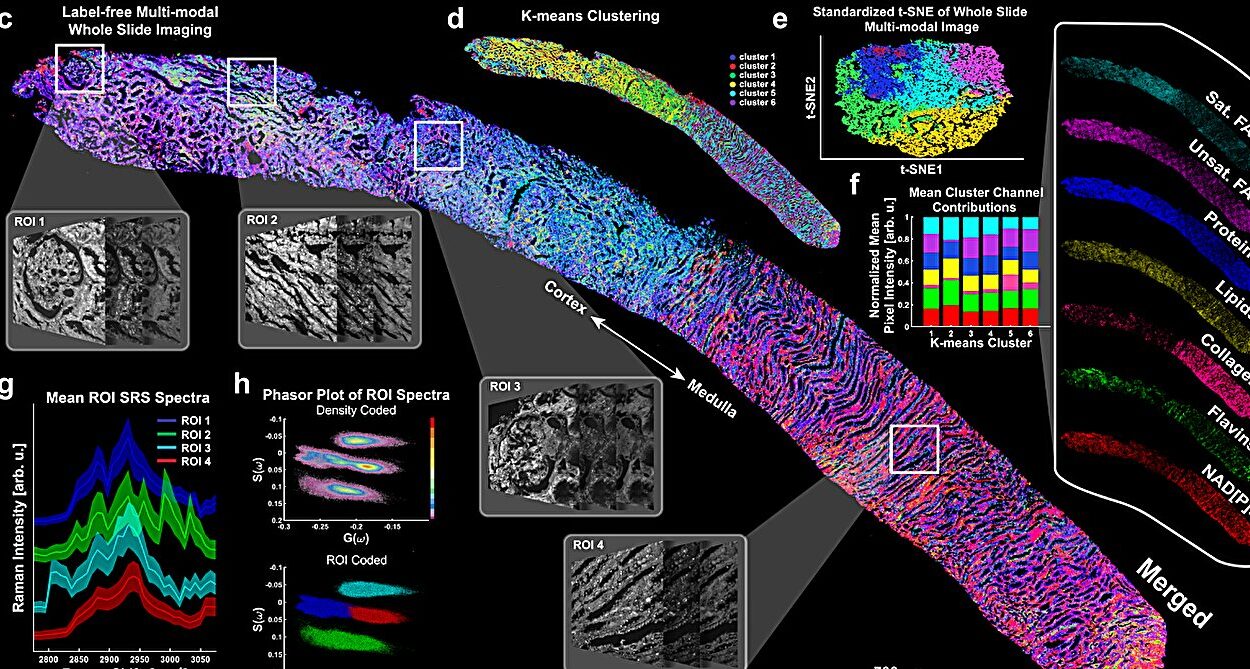Your heart is more than a biological pump—it’s the very engine of your life. It beats over 100,000 times a day, pushing blood through 60,000 miles of vessels to every cell in your body. From your first breath to your last, your heart works tirelessly, often without much help or appreciation.
But here’s the truth: your heart is vulnerable. Heart disease remains the number one cause of death worldwide. Yet, most heart conditions are preventable, and keeping your heart healthy doesn’t require a medical degree. What it does require is awareness, consistency, and small but powerful lifestyle choices that add up over time.
No matter your age, it’s never too early—or too late—to take better care of your heart. Whether you’re in your twenties and just beginning your health journey or in your sixties seeking to strengthen the heartbeat of your golden years, the principles of heart health remain the same: nourish it, move it, rest it, and love it.
This comprehensive guide dives deep into the art and science of heart health at every stage of life, exploring the habits, challenges, and mindsets that matter most. It’s not just about living longer—it’s about living better, with a heart strong enough to carry your dreams.
The Anatomy of a Healthy Heart
To understand how to keep your heart healthy, it helps to first understand what your heart is actually doing. Your heart is a muscular organ about the size of your fist, divided into four chambers. It works like a double-sided pump: one side sends blood to your lungs to pick up oxygen, and the other side pushes oxygen-rich blood to the rest of your body.
Every heartbeat is controlled by electrical signals that coordinate the muscle contractions needed to move blood efficiently. When the system runs smoothly, you feel energetic, focused, and strong. But when it’s out of sync—due to clogged arteries, weakened muscle, or erratic rhythm—the consequences can be serious.
The good news? Your heart is incredibly resilient. It can rebuild itself after damage, grow stronger with exercise, and respond dramatically to positive lifestyle changes—even late in life.
Heart Health in Your 20s and 30s: Building a Foundation
Youth often comes with a sense of invincibility. Heart disease seems like a problem for future decades. But this is precisely when the groundwork for lifelong heart health is laid.
Your 20s and 30s are the decades of decisions. The habits you form now—good or bad—set the tone for your cardiovascular future. Smoking, poor sleep, excessive alcohol, and processed foods can quietly begin damaging your arteries. On the flip side, staying active, managing stress, and eating whole foods can fortify your heart for decades to come.
These are also the years to know your numbers: blood pressure, cholesterol, and blood sugar. You may feel fine, but hidden imbalances can slowly chip away at your heart health. Early detection equals early protection.
Exercise is especially powerful at this stage. Your heart, like any muscle, gets stronger with use. Regular aerobic activity—running, brisk walking, cycling—improves circulation, lowers blood pressure, and reduces inflammation. Your heart will thank you for every mile.
Heart Health in Your 40s and 50s: Preventing the Slow Creep
By the time you hit your 40s and 50s, life is often full—careers, kids, responsibilities. It’s also when the silent enemies of heart health start creeping in: weight gain, high blood pressure, creeping cholesterol levels, and chronic stress.
Your metabolism naturally slows down, and your arteries can begin to stiffen. This is when prevention turns to vigilance. It’s time to monitor your body more closely and tweak your habits to protect your heart from accumulating wear and tear.
Nutrition becomes crucial. Focus on foods rich in omega-3 fatty acids, fiber, and antioxidants: fatty fish, leafy greens, berries, oats, and nuts. These protect against inflammation and plaque buildup, keeping your arteries flexible and clear.
This is also a critical period for sleep and stress. Chronic sleep deprivation increases your risk for hypertension and heart attack. And unrelenting stress floods your system with cortisol, which raises blood pressure and sugar levels. Learning stress management—through meditation, journaling, therapy, or hobbies—can literally save your heart.
If you’ve been sedentary, it’s never too late to start moving. Even 30 minutes of moderate activity five times a week—dancing, brisk walks, gardening—can cut your risk for heart disease in half. Strength training also matters. Stronger muscles ease the burden on your heart and support better glucose metabolism.
Heart Health in Your 60s and Beyond: Strengthening What Matters
The senior years bring wisdom—and new challenges for the heart. Arteries may have hardened, and heart muscle may weaken slightly with age. But that doesn’t mean deterioration is inevitable. Many people in their 60s, 70s, and even 80s enjoy excellent cardiovascular health, thanks to mindful living.
At this stage, every good choice counts. Regular checkups become essential. Monitoring your blood pressure, heart rhythm, cholesterol, and glucose helps your doctor catch early signs of trouble. Medications may become necessary, but lifestyle changes remain the foundation of treatment.
Mobility matters. Staying active helps maintain balance, flexibility, and endurance. Walking, tai chi, water aerobics, and light resistance training keep the heart engaged without overstrain. Even small bursts of movement throughout the day—stretching, standing, gentle stair climbing—support circulation.
Nutrition should shift to focus on heart-protective nutrients and smaller, more frequent meals. Digestive efficiency declines with age, so your body may benefit from easily digestible proteins, hydration, and less salt. Excess sodium can raise blood pressure dramatically, especially in older adults.
Social connection plays a surprisingly powerful role. Loneliness and depression are associated with higher rates of heart disease. Staying connected—with family, friends, clubs, or community groups—can literally help your heart beat stronger.
Nutrition: Eating with Your Heart in Mind
What you eat becomes your blood. It fuels your heart, feeds your arteries, and either strengthens or weakens your cardiovascular system. The modern diet—high in processed foods, sugars, and unhealthy fats—is a major driver of heart disease. But the right foods can heal.
Whole foods are your heart’s best friend. Fresh vegetables and fruits are packed with antioxidants and potassium, which lower blood pressure. Fiber-rich grains like oats and barley bind cholesterol in the gut. Lean proteins, like fish and legumes, provide nutrients without artery-clogging fats.
Heart-smart eating also means rethinking fats. Trans fats—found in fried foods, margarine, and many baked goods—are harmful and should be avoided. Saturated fats, from red meats and full-fat dairy, should be limited. But unsaturated fats—from avocados, nuts, olive oil, and fatty fish—support healthy cholesterol levels and reduce inflammation.
Salt is another concern. Excess sodium increases blood pressure by holding more fluid in your bloodstream. Read labels carefully—many canned, packaged, and restaurant foods hide massive amounts of salt.
Don’t forget hydration. Dehydration thickens your blood and stresses your heart. Aim for steady water intake throughout the day, and limit sugary drinks and excessive caffeine, which can dehydrate and raise blood pressure.
Movement: Exercise as Medicine
If there were a magic pill for heart health, it would be called exercise. Physical activity strengthens the heart muscle, improves circulation, balances blood sugar, reduces stress, and boosts mood. It also lowers resting heart rate and improves your body’s use of oxygen.
The American Heart Association recommends at least 150 minutes of moderate aerobic activity per week, or 75 minutes of vigorous activity. This can be broken into small, manageable chunks—like a brisk 30-minute walk five times a week.
But exercise isn’t limited to the gym. Dancing, hiking, playing sports, swimming, or even active chores like cleaning or gardening all count. The key is consistency.
Strength training is also important. Lifting weights, using resistance bands, or doing bodyweight exercises twice a week builds lean muscle, which improves metabolism and reduces pressure on your heart.
Flexibility and balance exercises—like yoga or tai chi—reduce injury risk and support stress reduction, both of which contribute to long-term heart health.
Sleep: The Night Shift That Keeps You Alive
Sleep is not optional. It’s essential maintenance for your body—and your heart. During deep sleep, your blood pressure drops, your heart rate slows, and your body repairs tissues. Poor sleep short-circuits these processes, increasing your risk for hypertension, obesity, and arrhythmias.
Adults need 7 to 9 hours of quality sleep per night. Sleep apnea, a condition where breathing repeatedly stops during sleep, is a common but dangerous disorder that raises heart risk. If you snore loudly or feel tired despite sleeping, seek medical advice.
Good sleep hygiene includes keeping a consistent bedtime, avoiding screens before bed, limiting caffeine late in the day, and creating a dark, quiet, and cool sleeping environment.
Don’t underestimate the power of a good night’s rest. It’s not laziness—it’s heart care.
Stress: The Invisible Strain on Your Arteries
Modern life is fast, noisy, and relentless. Chronic stress keeps your body in a constant state of fight-or-flight, flooding your system with cortisol and adrenaline. Over time, this damages blood vessels, raises blood pressure, and increases inflammation.
Stress is inevitable—but how you manage it makes all the difference. Deep breathing, meditation, prayer, nature walks, laughter, and creative outlets are all effective ways to calm your nervous system.
Even short breaks during your workday to stretch, breathe, or take a walk can reset your stress levels. Make it a priority. Your heart will beat more peacefully for it.
Smoking, Alcohol, and Other Threats
Few things damage your heart more than smoking. It stiffens arteries, reduces oxygen levels, raises blood pressure, and dramatically increases your risk for heart attack and stroke. If you smoke, quitting is the single best thing you can do for your heart. It’s not easy—but help is available, and your heart begins healing within days of quitting.
Alcohol, in small amounts, may offer some cardiovascular benefit—particularly red wine due to its antioxidants. But excess alcohol is harmful. It raises blood pressure, disrupts sleep, and adds empty calories. Moderation is key: no more than one drink per day for women and two for men.
Other threats include unmanaged diabetes, sedentary lifestyle, and obesity. These conditions often overlap, forming a dangerous trio that accelerates heart damage. But each is reversible with attention, support, and change.
Women and Heart Health: The Hidden Risks
Heart disease is not just a man’s problem. In fact, it’s the leading cause of death for women globally. Yet symptoms in women are often different—less chest pain, more fatigue, nausea, and shortness of breath. As a result, many women delay seeking help or are misdiagnosed.
Hormonal shifts during menopause also increase cardiovascular risk. Estrogen has a protective effect on blood vessels, and its decline can lead to higher cholesterol, increased belly fat, and higher blood pressure.
Women must be proactive about heart health—knowing their numbers, staying active, eating well, and advocating for their symptoms. Gender should never be a barrier to diagnosis or care.
Your Doctor: Partner in Heart Health
No matter your age, your healthcare provider should be your ally in heart health. Regular checkups, blood tests, and screenings catch problems early. Don’t wait until you feel symptoms—by then, damage may already be underway.
Discuss your family history, lifestyle, stress levels, and medications openly. Together, you can create a personalized prevention or treatment plan. Knowledge is power—and partnership is protection.
Conclusion: A Heart That Lasts a Lifetime
Your heart is a marvel—resilient, reliable, and responsive to care. At every age, you have the power to shape your heart’s future. It’s not about perfection. It’s about presence. Showing up for your health, making better choices today than yesterday, and giving your heart the love it deserves.
Whether you’re dancing in your 20s, parenting in your 40s, or gardening in your 70s, your heart is with you. Protect it. Strengthen it. Listen to it.
Because a strong heart doesn’t just beat—it leads.






